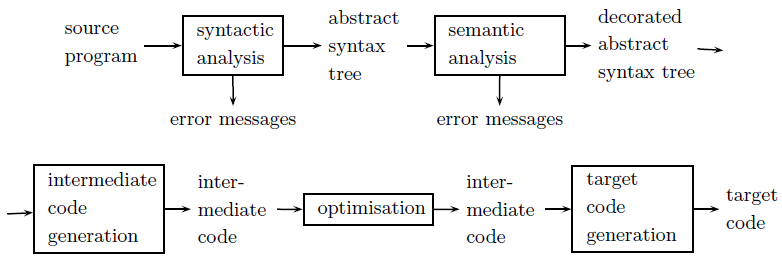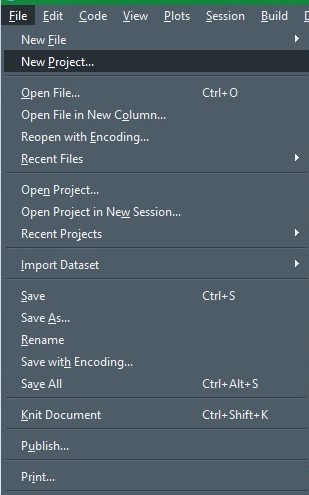
Streamlined Coding: Effective Organization Strategies
Streamlined Coding: Effective Organization Strategies
Efficient code organization is paramount for readability, maintainability, and collaboration within a development team. Explore key code organization tips that can help you structure your codebase for optimal performance.
Establish a Clear Directory Structure
The foundation of organized code lies in a clear directory structure. Group related files and directories logically based on functionality or modules. This not only simplifies navigation but also aids in locating specific files quickly. A well-organized directory structure sets the stage for a comprehensible codebase.
Categorize and Group Similar Files
Within each directory, categorize and group similar files together. For














